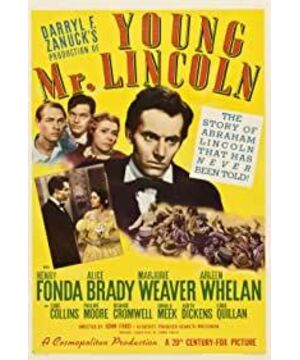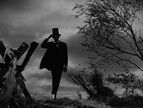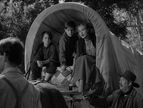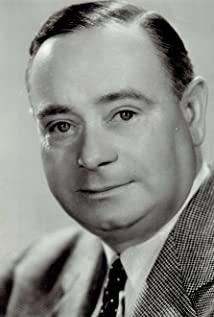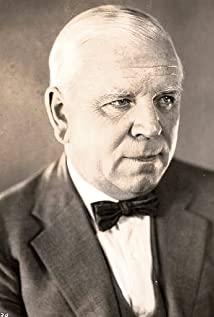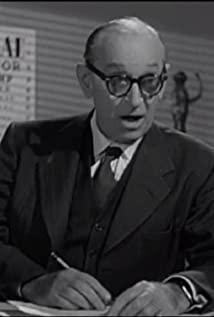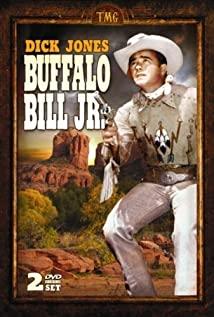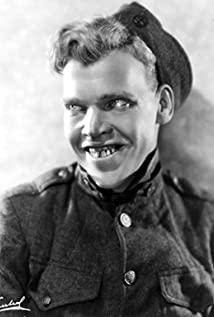From the beginning to the end, I was thinking of two things: that young Lincoln and ideology article and is this really Henry Fonda~~ Until there is no second male lead, I can't imagine what was in the grapes in the previous second. Fonda is the same person here~ The case mentioned in the subtitles at the end of the film was 13 years. After a rough check, this is a story that has been interpreted in countless movies. It seems that it is always necessary to judge a person from the perspective of an individual - not the rules themselves, but starting from this individual - perhaps this is a heroic view, and modern people have always been hesitant in their struggle with the law. , almost tortured, so the court trial here, and the court trial like the robin, (the latter feels stronger,) have a sense of struggle, however, it seems strange here, I don't know if it is to shape Lincoln , or carefully designed, why is that paragraph asking the jury? So is this the idea that Lincoln brought the rule of law or is this simple and crude tendency timeless and universal, and needs to be respected and valued. (God, what am I writing!)...So, it seems that rather than judging whether a government has the rule of law, it is more crucial to find an individual who is willing to take the perspective of an individual, that is Lincoln here, and Pike in the robin. What is important is what is reflected in this practice process, especially the word "prudence" and some axioms. Perhaps the most important screen hero in America's heart (robin's Pike), the struggle he presents, the difficulty of defending the truth, makes him so important and almost ideal. (After reading and writing these days, I am addicted to writing about my feelings~)
View more about Young Mr. Lincoln reviews


